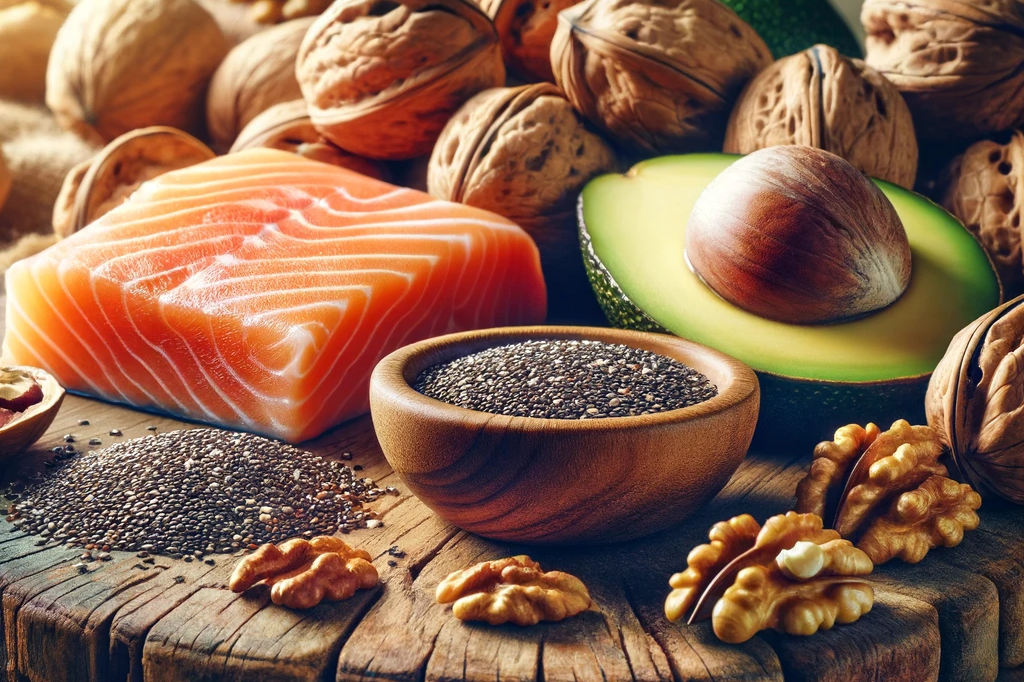Saturated fatty acids

What are saturated fatty acids?
Saturated fatty acids are fats that have no double bonds between the carbon atoms. This means that they are solid at room temperature and have a high melting point. Saturated fatty acids are mainly found in animal products such as meat, milk or butter.
How do saturated fatty acids affect dogs?
Saturated fatty acids only serve as a source of energy for the dog. They are burned in the body or stored as fat deposits. Saturated fatty acids have no effect on the dog's immune system or hormone production. However, too much saturated fat can lead to obesity, cardiovascular disease or digestive problems.
How much saturated fat does a dog need?
The exact requirement for saturated fat depends on various factors such as the dog's age, activity and state of health. A large part of the fat requirement is already covered by the meat content of the food. As a rule of thumb, the total fat content in dry food should be between 15 and 25 % and in wet food between 5 and 10 %. Dogs with reduced energy requirements or sensitive digestion should be given less saturated fat than dogs with increased energy requirements. Dogs with reduced energy requirements or sensitive digestion should receive less saturated fat than dogs with increased energy requirements. Dogs with reduced energy requirements should receive less saturated fat than dogs with increased energy requirements.
How do I find out the right amount of saturated fat for my dog?
To find the right amount of saturated fat for your dog, you should consider his individual needs. For example, you can determine his body condition score (BCS) to see if he is at his ideal weight or not. You can also observe his feces to see if he is digesting his food well or not. If you're not sure or your dog has special needs (e.g. allergies), you can also consult a vet or nutritionist.
Saturated fatty acids are an important part of a dog's diet. They provide him with energy and protect his organs. However, you should be careful not to feed your dog too much, as this can lead to health problems.
If you notice any signs of hypersensitivity or poisoning in your dog, you should see your vet immediately. We are not a substitute for a vet, but we try to be as accurate as possible. Every dog reacts differently and we recommend you get a second opinion or consult your vet if in doubt.
Stay healthy and take good care of your four-legged friend!😊
Similar to Saturated fatty acids
Trans fatty acids are a form of unsaturated fatty acids produced by the process of hydrogenation of vegetable oils, a process that produces firmer fats and extends the shelf life of foods. However,...
Monounsaturated fatty acids are a type of fat in which carbon atoms in the fatty acid chain are linked together by a double bond. This structure distinguishes them from saturated fatty acids, which...
Polyunsaturated fatty acids are a type of fat found in many food sources and are vital for dogs. Unlike saturated fatty acids, which are solid at room temperature, PUFAs are liquid at room...
Fatty acids are components of fats that are found in various foods. They can be divided into saturated and unsaturated fatty acids. Saturated fatty acids have a solid structure and are usually solid...



